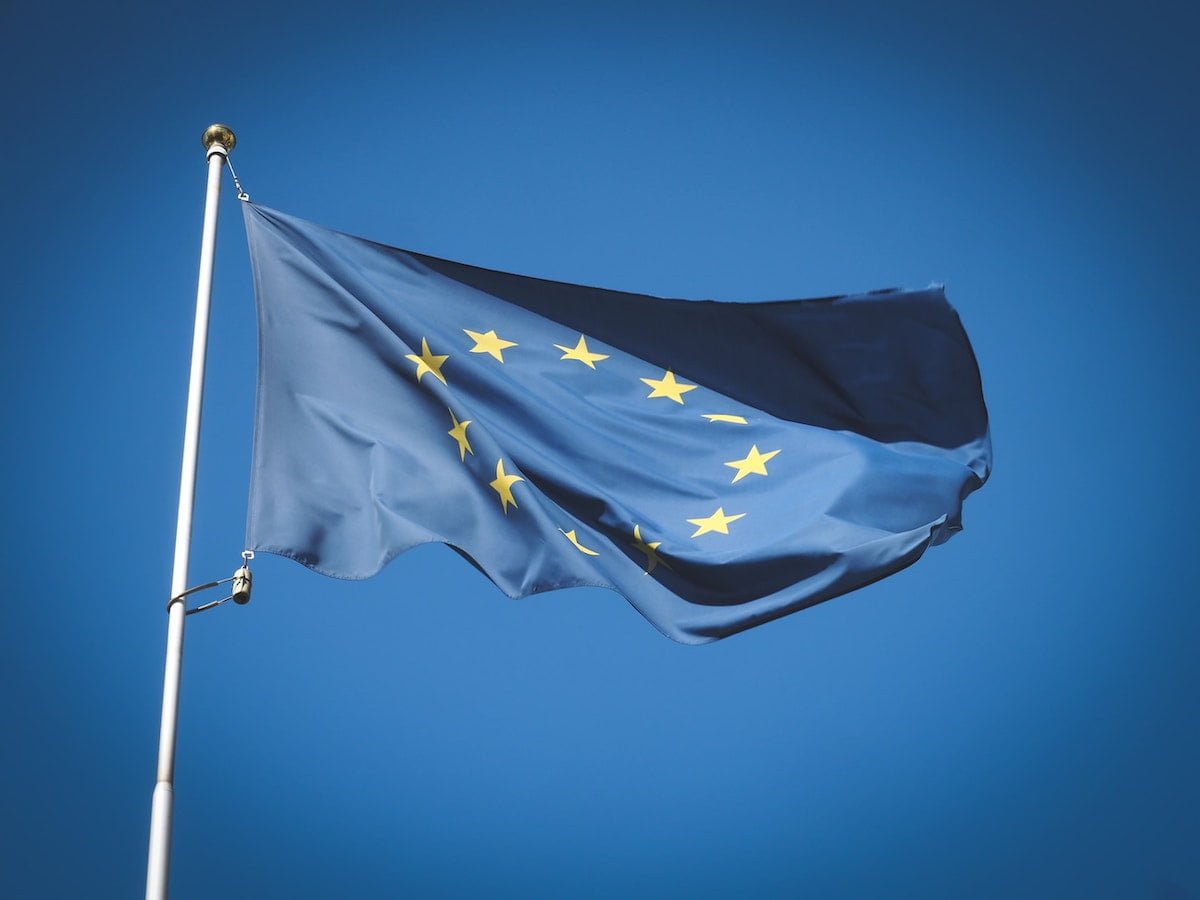Uncategorised
Mexico could be pioneer for indigenous medicine regulation, says ICEERS
The organisation has said that a new legal precedent has been set in Mexico after indigenous healer Don Jose Campos has been released following imprisonment for traveling with ayahuasca.

Uncategorised
Canada recommends launch of Veterans psychedelic research programme
Uncategorised
PAREA’s psychedelic push: improving policy for mental health innovation in Europe
Uncategorised
Study to investigate psilocybin therapy for cancer-related depression
-

 Opinion2 years ago
Opinion2 years agoClerkenwell Health is launching a free UK psychedelic therapist training programme
-

 Insight3 years ago
Insight3 years agoMixing psychedelics with lithium poses significant risk of seizures
-

 Medicinal2 years ago
Medicinal2 years agoMDMA therapy for PTSD granted innovation passport by UK
-

 Research2 years ago
Research2 years agoLSD trial for the treatment of adult ADHD initiated
-

 Medicinal2 years ago
Medicinal2 years agoMDMA: the love drug?
-

 Markets & Industry1 year ago
Markets & Industry1 year agoWhere can I find training for psychedelic therapy?
-

 News3 years ago
News3 years agoAwakn’s second psychedelic therapy clinic to open in London
-

 Research2 years ago
Research2 years agoLondon to host Europe’s first commercial psychedelic clinical trial facility


















